MOVIE NEWS – Many people are satisfied with the last season of Vikings: Valhalla, but we didn’t know everything we should about the fate of several characters… WARNING: spoilers from the last season of the series!
The final season of Vikings: Valhalla was action-packed and dramatic. However, it was not satisfactory. Although the final eight episodes that concluded the historical series were enjoyable, they left many unanswered questions. For three seasons, the series presented the lives of medieval Scandinavians, Englishmen and Normans. The story of Viking explorations, conquests and struggles for dominance, involving Freydis, Leif, Harald Sigurdsson, Cnut, Emma and others, is woven through a complex web of dynastic connections and competing interests.
Since there won’t be a fourth season of Vikings: Valhalla, season three was tasked with ending the series in a way that made sense.
Or at least give some insight into what happened after the series ended. The series partially achieved this, but it left many more questions than answers.
Harald Sigurdsson’s fate as a father is unclear
In the final season of Vikings: Valhalla, Freydis Eriksdottier takes on a lover, Stigr. Stigr is a healer, a traveler, and ultimately the man who saves the lives of many of Jomsborg’s residents after they are poisoned. After Freydis leaves Greenland to return to Kattegat, Stigr is tasked with finding his son with Harald Sigurdsson, also named Harald. At the end, viewers can see that the younger Harald is safe and reunited with Stigr, but there is no indication that the boy will ever meet his father.
Young Harald may never come face to face with Harald Sigurdsson. For the elder Harald plans to take his rightful place as King of Norway. He proclaims himself king and returns to Norway, ending the series. Freydis and his brother Leif go the other way, returning to Greenland before continuing on to the “golden land”, North America.
Historically, King Harald of Norway actually took power after returning to Norway. The Viking, also known as Harald Hardrada or “hard ruler”, took his experiences in Constantinople, the Kattegat and beyond to Norway and unleashed his fury on Denmark. AD By 1066, Harald Hardrada set his sights on England. In September of that year, Hardrada and a fleet of ships landed in the north. They fought English earls at Fulford before facing King Harold Godwinson at the Battle of Stamford Bridge on 25 September. Harald Hardrada died in battle, ending his reign and his lust for power.
Vikings: Valhalla promised an exciting future for Emma of Normandy
As a descendant of Rollo, a Viking and the first Duke of Normandy, Emma’s bloodline is linked to Scandinavia and Normandy. Her marriages also linked her to England, making her powerful and vulnerable. The same is true for her children. Before Cnut’s death, Emma is given control of England. This is not entirely true historically, but it does highlight her difficult situation after the death of her second husband.
In the final episode of Vikings: Valhalla, Emma is getting closer to her stepson, Harold Harefoot, hinting that she may seduce him. Again, there is no indication that this ever happened. Harold Harefoot, son of Cnut and his first wife Aelfgifu, became co-ruler of England with Harthacanut, son of Cnut and Emma. Harthacnut went to Denmark, and Harold Harefoot seized power over all of England. It was not until the death of Harold Harefoot in 1040 that Harthacnut became the sole ruler of England.
However, Harthacanut only reigned for a short time. His death in AD 1042 meant that the crown of England fell to Edward, who was the son of Emma and Aethelred II. Their other son, Alfred, was blinded during an unsuccessful invasion of England in 1035. Historians theorize that Count Godwin had something to do with the atrocities against Alfred, who died of his wounds that same year. The Encomium Emmae Reginae, an 11th-century work in praise of Queen Emma, describes how Godwin tortured Alfred to death.
What happened to the others?
At the end of the series, several characters were not mentioned, such as Prince William of Normandy, Stig and Count Godwin. Prince William of Normandy, although he received little screen time, was a major figure in 11th-century politics. He took power in 1047 when he came of age and often held it with cruelty and nepotism. His half-brothers, Odo and Robert, were also essential players and fought alongside William for the kingship of England in 1066.
Stigr, a character with no historical basis, last appeared in Greenland, where he found the son of Harald and Freydis. His fate remained unknown, which made viewers curious.
Count Godwin, who always sought the favours of the right people, II. He was a confidant of Aethelred, Edmund Ironside and King Charles. He continued to navigate Viking and Anglo-Saxon rule deftly until his son Harold became King of England in 1066.
Source: Encyclopedia Britannica, Encomium Emmae Reginae

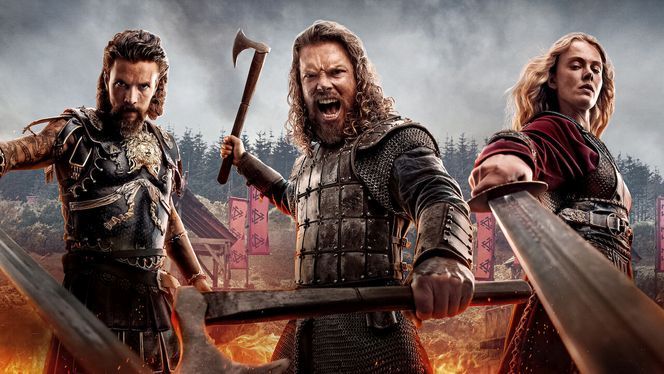
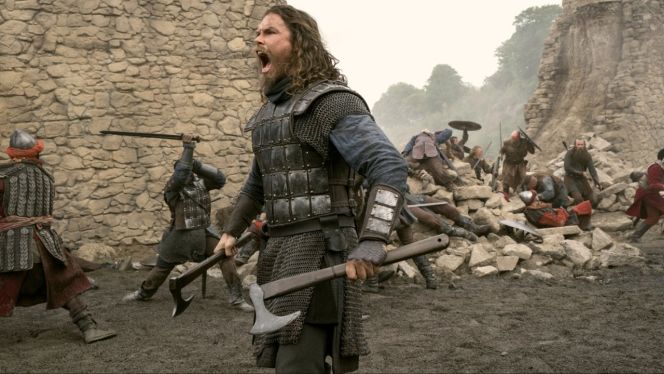
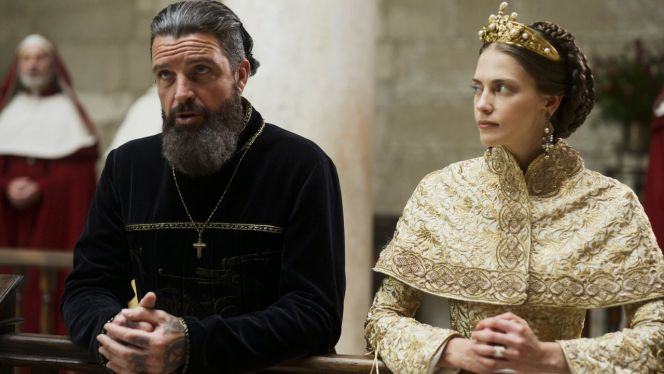




![[TGA 2025] Star Wars: Galactic Racer Focuses on High-Stakes Podrace Runs [VIDEO]](https://thegeek.games/wp-content/uploads/2025/12/theGeek-Star-Wars-Galactic-Racer-302x180.jpg)





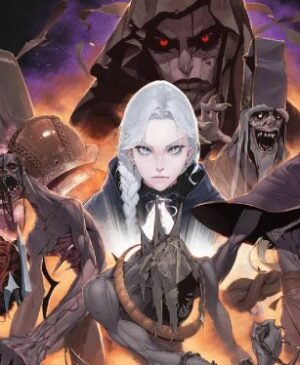

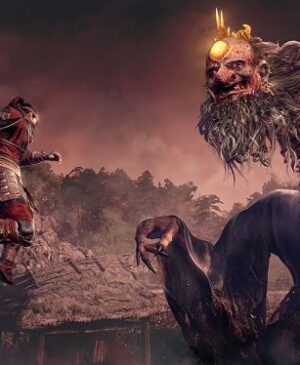

Leave a Reply